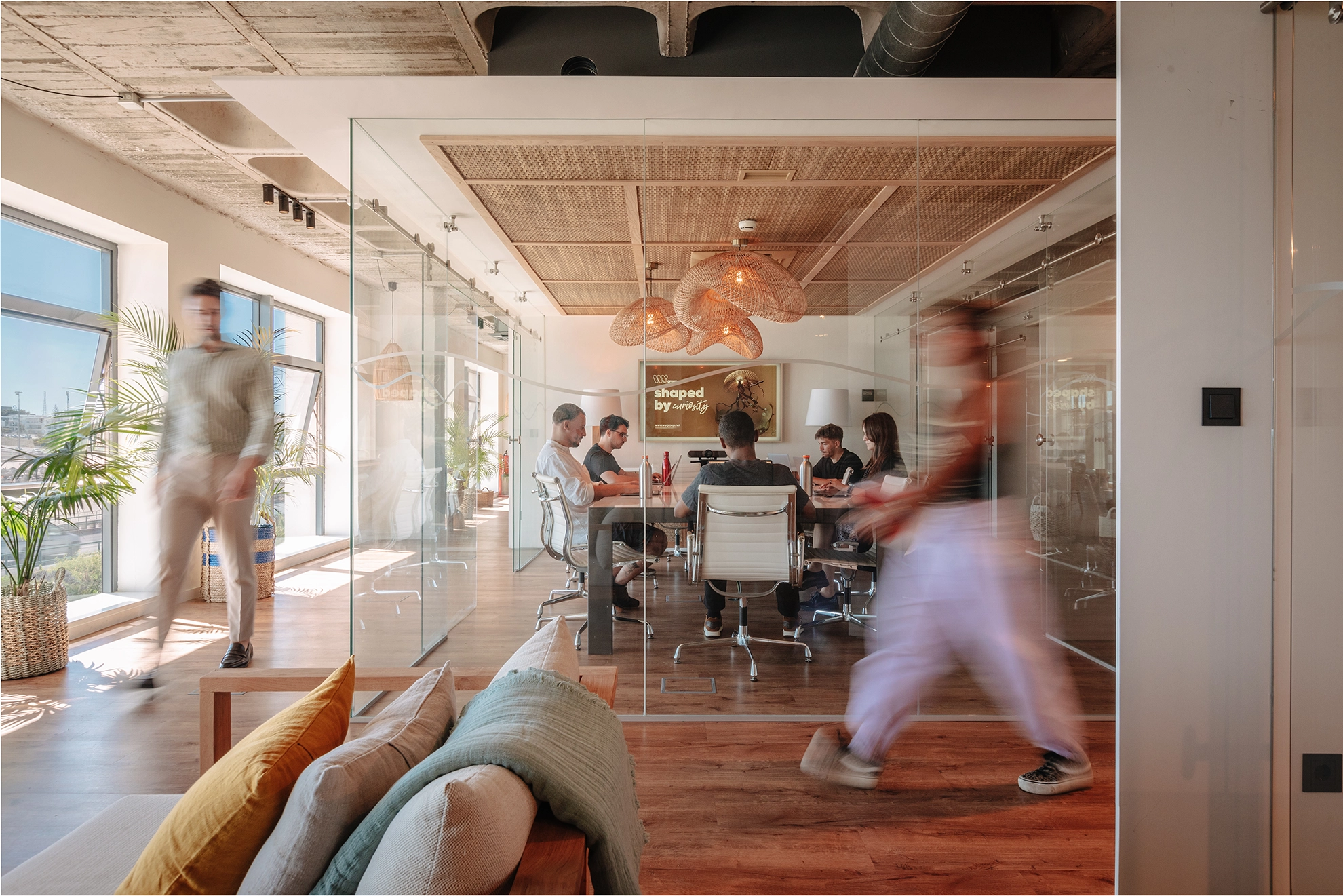The challenge of deconstructing companies’ labels and clichés: There is still a lot to do, but there is already a trail of brand followers to break these stereotypes in their communication – whatever it is, always adequate to the purpose of the brand – people-oriented, or in the jargon of the trade, in Business to Consumer.
It has long been understood, through brand storytelling, that brands convey stories that persuade and inspire uniquely and intensely. These stories open space for understanding new experiences and are powerful in transforming or sharpening our convictions and perspectives on the real world, in addition to having the power to convey the customs, principles, and values of a society. They are metaphors of knowledge, a cultural zeitgeist, which portray a representation of society, so brand communication has been having a significant impact on the way we see society. Brands can use their influence to educate, inspire, empower, and lay the groundwork for a more egalitarian and socio-economically developed society.
It is true that Dove (#realbeauty), Ariel (#sharetheload), and Burger King (#proudwhooper), among others, have been taking on their relevant role in this impact for some years and taking responsibility in the fight to challenge the deconstruction of stereotypes, namely in the inspiration of real beauty, female empowerment, gender equality, or reducing any gap in a less just society. There is still a lot to do, but there is already a trail of brand followers to break these stereotypes in their communication – whatever it is, always adequate to the purpose of the brand – people-oriented, or in the jargon of the trade, in Business to Consumer.
But does this happen in B2B communication? How do we deconstruct pre-established prejudices (pardon the redundancy) about organizations, companies, and brands, regarding their effective capabilities? These also naturally evolve in their growth process, they also transform and accumulate experiences, skills, and know-how, and they also change their focus or specialize. Don’t we also have a duty to empower brands and challenge the little boxes where we confine them? Can consumers’ eyes follow this evolution of brands?
We have some international examples of companies that challenged stereotypes without fear of reinventing themselves, both in their market and in their communication, and also in the eyes of their consumers. Caterpillar, whose focus was heavy construction machinery, in a natural process, evolved its business to also add resistant and robust clothing and footwear; Michelin, a tire manufacturer, developed over time the famous Guides that gave rise to the highly regarded stars of restaurant qualification.
At WYgroup, we also have this challenge ahead of us: that of breaking down stereotypes and preconceived ideas. What started as a design and branding company 20 years ago, naturally encompassed other areas of communication and marketing, expanding to more competencies in its business and product offering, conquering customers, and today it is a company with more than 330 employees, an international one-stop-shop dedicated to the consumer experience, in its multiple points of contact with brands, and which exports its know-how and expertise to a wide variety of geographies. With the same tools, talents, and expertise that it does for Portugal. But Portugal still does not live well with what it does in a superior way.
Why do we continue to believe that only multinationals know the international market? Why is it that we still think that consulting and creativity cannot be synergistic and work together? And will it be possible to offer media, technology, data, and creativity services in one place? Does it exist? It does exist, and out there they already recognize us as such. It is now necessary to challenge the Portuguese stereotype to see us with the eyes with which we are appreciated and recognized in other latitudes.
You can read the original article of João Santos on Empower Brands Community website.
